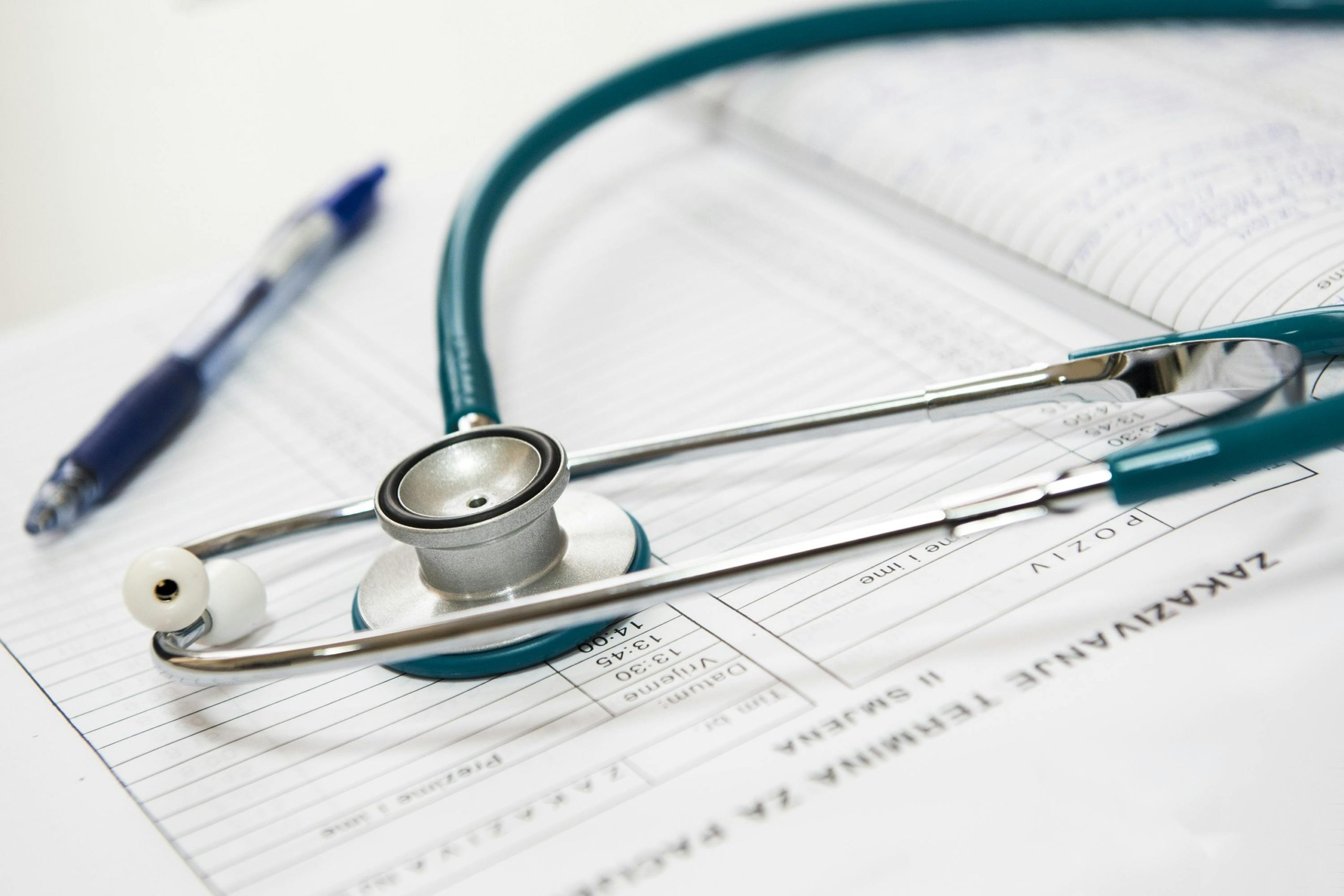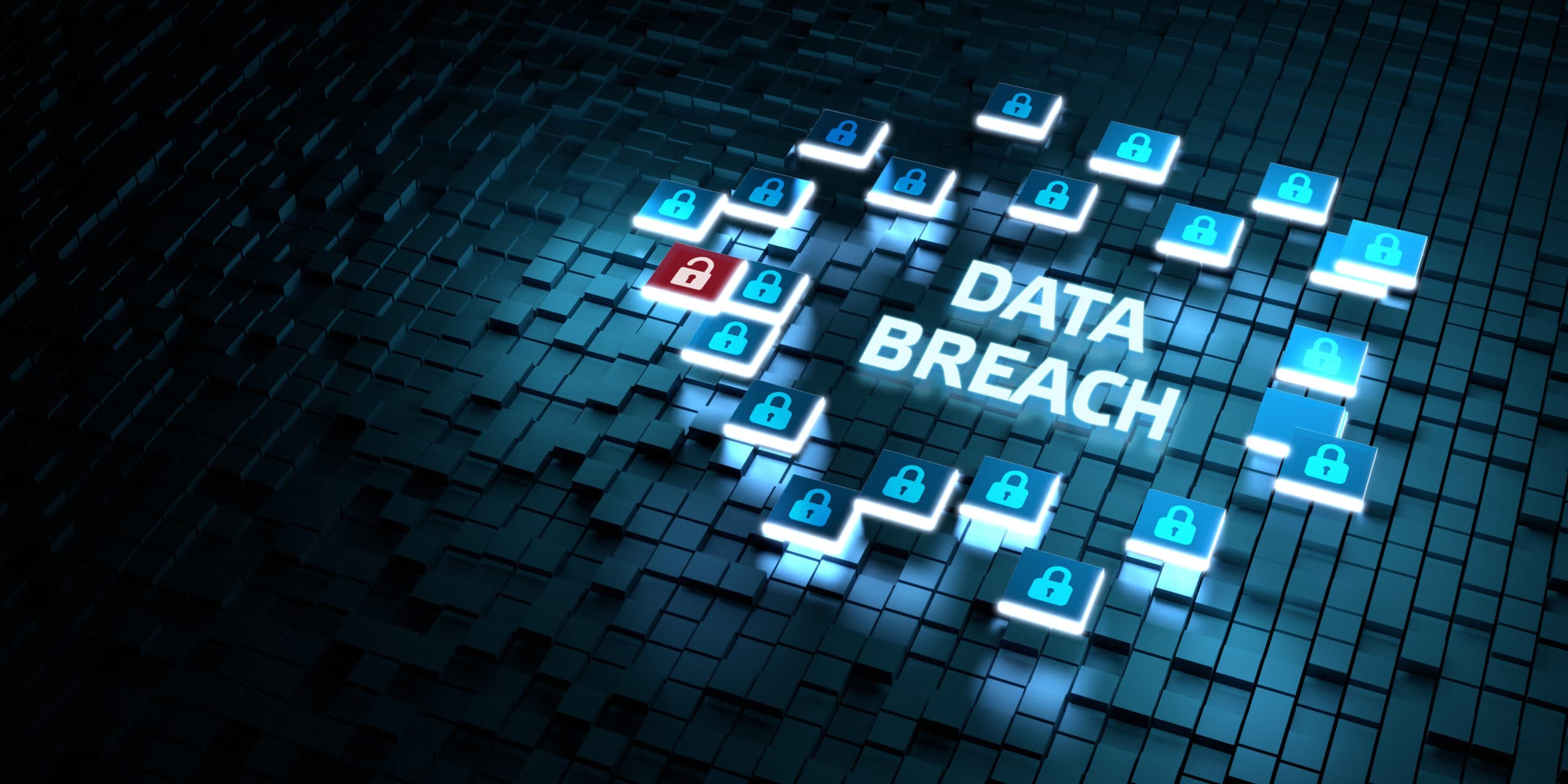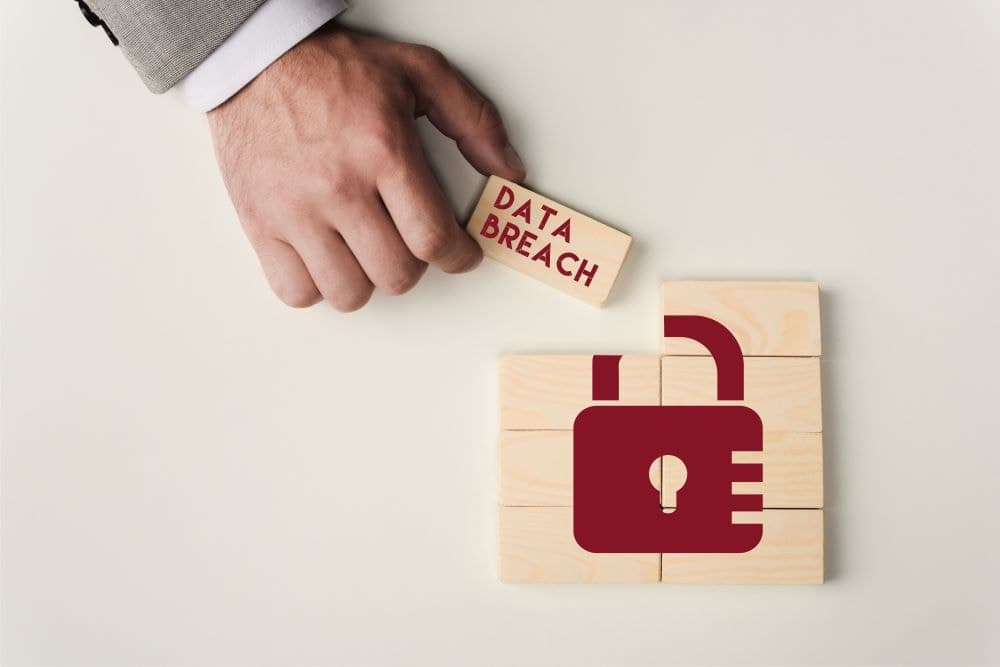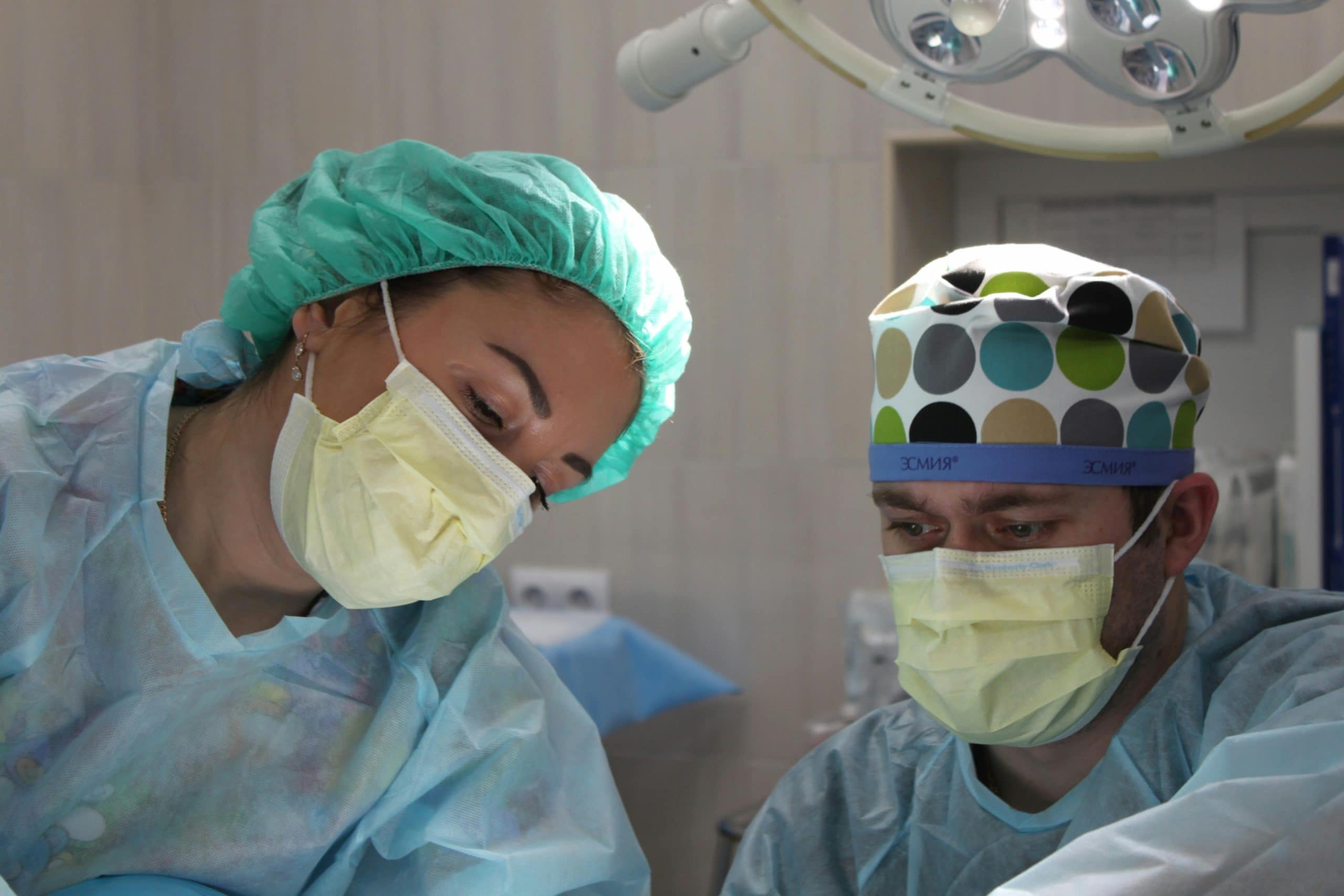
Clinics handle some of the most sensitive information about us—our health records, medical histories, and financial data. When clinics fail to protect patient data, the consequences can be devastating. This article explains how clinics are liable for data breaches and your legal options if your sensitive health information is compromised.
Who Is Legally Liable for a Data Breach?
Clinics, as part of the healthcare industry, are legally responsible for protecting sensitive patient information under data protection laws like the Health Insurance Portability and Accountability Act (HIPAA).
Primary Responsibility Lies with Clinics
Clinics are considered covered entities under HIPAA, meaning they must prioritize data security to protect sensitive medical data.
This includes implementing robust security measures to prevent unauthorized access to electronic health records and personal health records.
Third-Party Service Providers May Share Liability
Many clinics rely on cloud service providers, remote patient monitoring tools, or other third-party service providers. If such breaches occur due to these vendors, the clinic still bears responsibility.
Under the business associate clause of HIPAA, clinics must ensure their partners comply with data protection regulations.
Breach Notification Requirements
Clinics must notify affected individuals promptly when a breach occurs. The HIPAA Breach Notification Rule mandates that they inform patients without unreasonable delay through written notice and may require announcements in prominent media outlets for larger breaches.
Can I Sue for a Healthcare Data Breach?
Yes, you can sue a clinic for a healthcare data breach, especially if it results in financial loss, emotional distress, or identity theft.
Violation of Legal Duties
Clinics are bound by data protection laws to secure patient data. Failing to do so violates their duty to safeguard sensitive information.
Compensation for Damages
Victims of a breach can file a lawsuit to recover costs for:
Monitoring credit reports to prevent fraud.
Emotional and psychological harm caused by the exposure of sensitive health information.
Losses from fraud, such as unauthorized charges or stolen health insurance information.
When Clinics Fail to Notify
If a clinic does not follow the Breach Notification Rule, it strengthens your case. Failing to notify affected individuals properly or delaying communication can compound the damage.
What Are the Consequences of a Healthcare Data Breach?
A healthcare data breach affects not only your privacy but also your financial and emotional well-being.
Financial Risks
Identity theft: Hackers may use stolen individually identifiable health information or financial data to open fraudulent accounts.
Costs of data recovery and securing your information post-breach.
Emotional Toll
Victims may suffer from stress, anxiety, or a sense of violation due to the exposure of sensitive patient information.
Ongoing Security Concerns
Once stolen, personal health and medical records may circulate among criminals indefinitely, posing long-term risks.
Legal and Regulatory Consequences for Clinics
Clinics face fines from health and human services and lawsuits from affected patients if they fail to comply with data protection laws.
What Legal Actions Can You Take After a Data Breach?
Taking immediate legal steps after a healthcare data breach is crucial to protecting your rights.
Consult a Legal Expert
Seek advice from a lawyer experienced in data breach cases. They can help determine if the clinic violated its obligation to protect your medical information.
File a Lawsuit for Compensation
You may pursue a lawsuit against the clinic for financial losses, emotional distress, and other damages. In some cases, you can join a class action lawsuit with other victims to hold the clinic accountable.
Notify Consumer Reporting Agencies
Inform consumer reporting agencies to monitor for unauthorized use of your information.
Work with Law Enforcement
If your data is being misused, report it to a law enforcement agency or initiate a criminal investigation.
Demand Enhanced Security Measures
Clinics must take corrective actions, such as adopting data encryption, improving data storage practices, and implementing better safeguards for protected health information.
How Clinics Can Avoid Data Breaches
Clinics must prioritize data security to prevent breaches. Here are steps they should take:
Implementing Robust Security Measures
Use advanced tools like data encryption and secure servers for data storage.
Train staff to handle personal health records responsibly and avoid human error.
Regularly Audit Systems
Clinics should conduct regular audits of healthcare systems to detect vulnerabilities.
Collaborate with Business Associates
Ensure third-party party service providers adhere to HIPAA and other data protection regulations.
Comply with Breach Notification Requirements
Clinics must notify all affected individuals and take swift action to mitigate damage.
FAQ: Protecting Your Data and Legal Rights
1. How can healthcare providers ensure sensitive data is secure?
Healthcare providers must implement strict measures to protect sensitive data, including:
Encrypting electronic health records to prevent unauthorized access.
Training staff on securely handling personal health records (PHR-related entities) and recognizing potential threats.
Regularly auditing their systems to identify and address vulnerabilities.
2. What happens if an unauthorized person accesses my medical records?
If an unauthorized person gains access to your medical records, the clinic or healthcare organization must:
Investigate the incident to determine the scope of the unauthorized acquisition.
Notify affected individuals as required by the HIPAA Breach Notification Rule.
Provide options for monitoring credit reports or mitigating potential harm, depending on the severity of the breach.
3. What is a substitute notice, and when is it used?
A substitute notice is a method clinics use to inform patients about a data breach when direct communication is not feasible.
It may involve posting a notice on the clinic’s website, contacting prominent media outlets, or providing a toll free telephone number for affected individuals to get more information.
4. How can patients confirm their medical records are secure?
Patients can take these steps to ensure clinics are securing medical records:
Ask their healthcare providers about the measures they use to handle personal data securely, such as encryption and access controls.
Review the clinic’s privacy policies for compliance with data protection regulations.
Monitor their health insurance information and financial data for signs of misuse.
5. What should I do if I suspect a healthcare provider mishandled my sensitive data?
If you believe your sensitive data was compromised, take these actions:
Contact the clinic directly and inquire about the breach.
Look for communication, such as a written notice or substitute notice, explaining the incident.
Call the toll free phone number provided by the clinic for assistance and further details.
Consult an attorney specializing in healthcare data breaches to explore legal options.
6. Can healthcare organizations be held liable for unsecured protected health information?
Yes, healthcare organizations are legally responsible for protecting unsecured protected health information.
Failing to secure data adequately can result in regulatory fines, lawsuits, and loss of trust.
Clinics must adhere to strict data security standards and promptly address any unauthorized acquisition of patient records.
7. How can I protect myself after a data breach involving my healthcare records?
If your records are part of a data breach, you should:
Monitor your credit reports and financial accounts for suspicious activity.
Report any signs of identity theft to law enforcement.
Use tools provided by the healthcare provider, such as credit monitoring services or a toll free telephone number, to stay informed.
8. Are third-party service providers accountable for mishandling sensitive data?
Yes, third-party service providers that partner with clinics are also accountable for mishandling sensitive data.
These entities must comply with HIPAA and data protection regulations.
Healthcare providers remain responsible for ensuring their partners properly handle personal data.
9. How does a data breach affect healthcare organizations?
A data breach can have serious consequences for healthcare organizations, including:
Legal penalties for non-compliance with HIPAA and other laws.
Damaged reputation due to loss of patient trust.
Financial costs associated with breach mitigation, such as data recovery and notifying affected individuals.
Your Legal Rights and Next Steps
If a clinic exposes sensitive health information without your consent, you have a right to hold them accountable. Understanding how clinics are liable for data breaches and your legal options empowers you to seek justice.
Expert attorneys at Bourassa Law Group specialize in cases involving healthcare data breaches. Contact us today for a free consultation. Let us help you protect your rights and secure the compensation you deserve.





